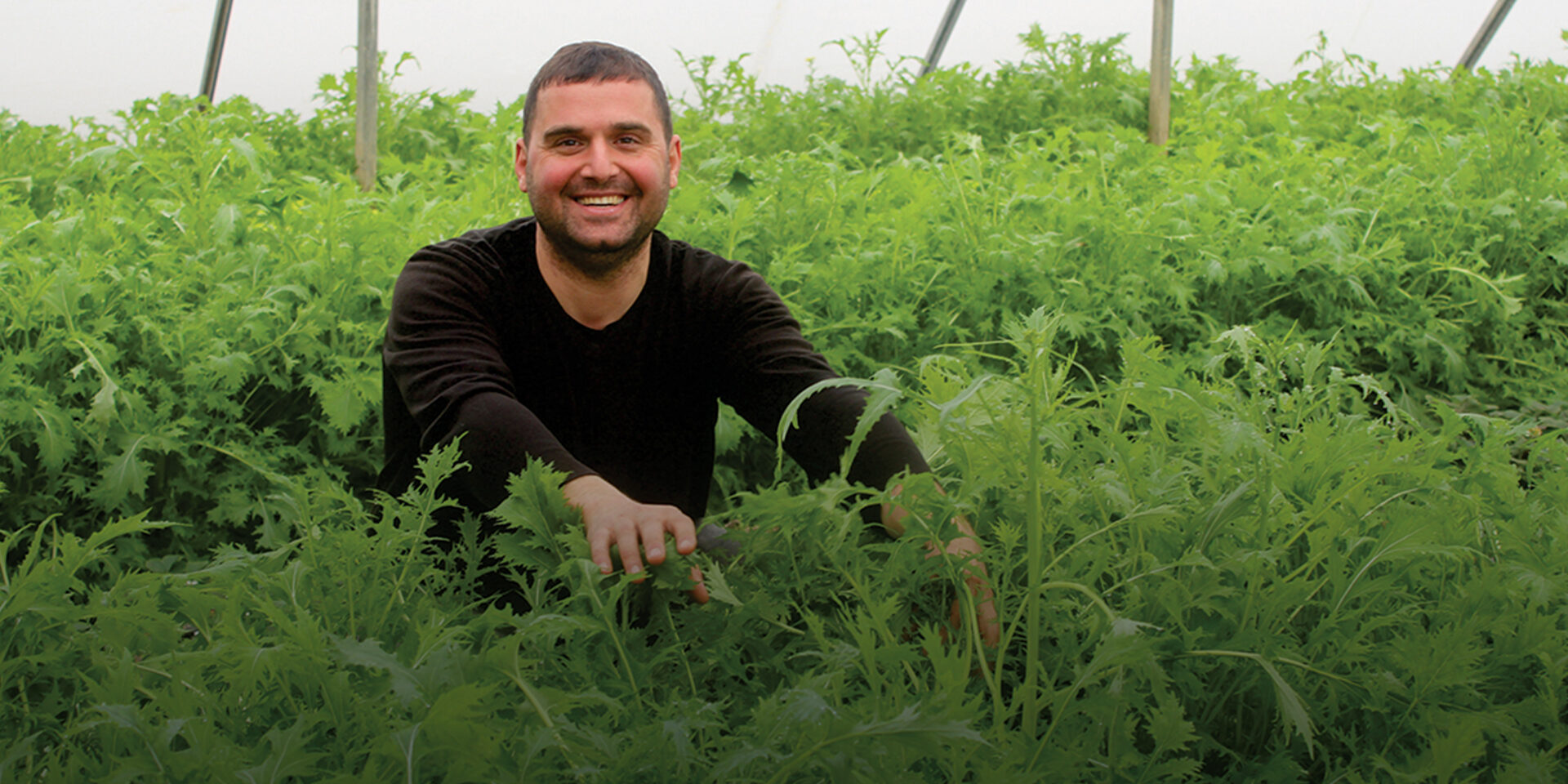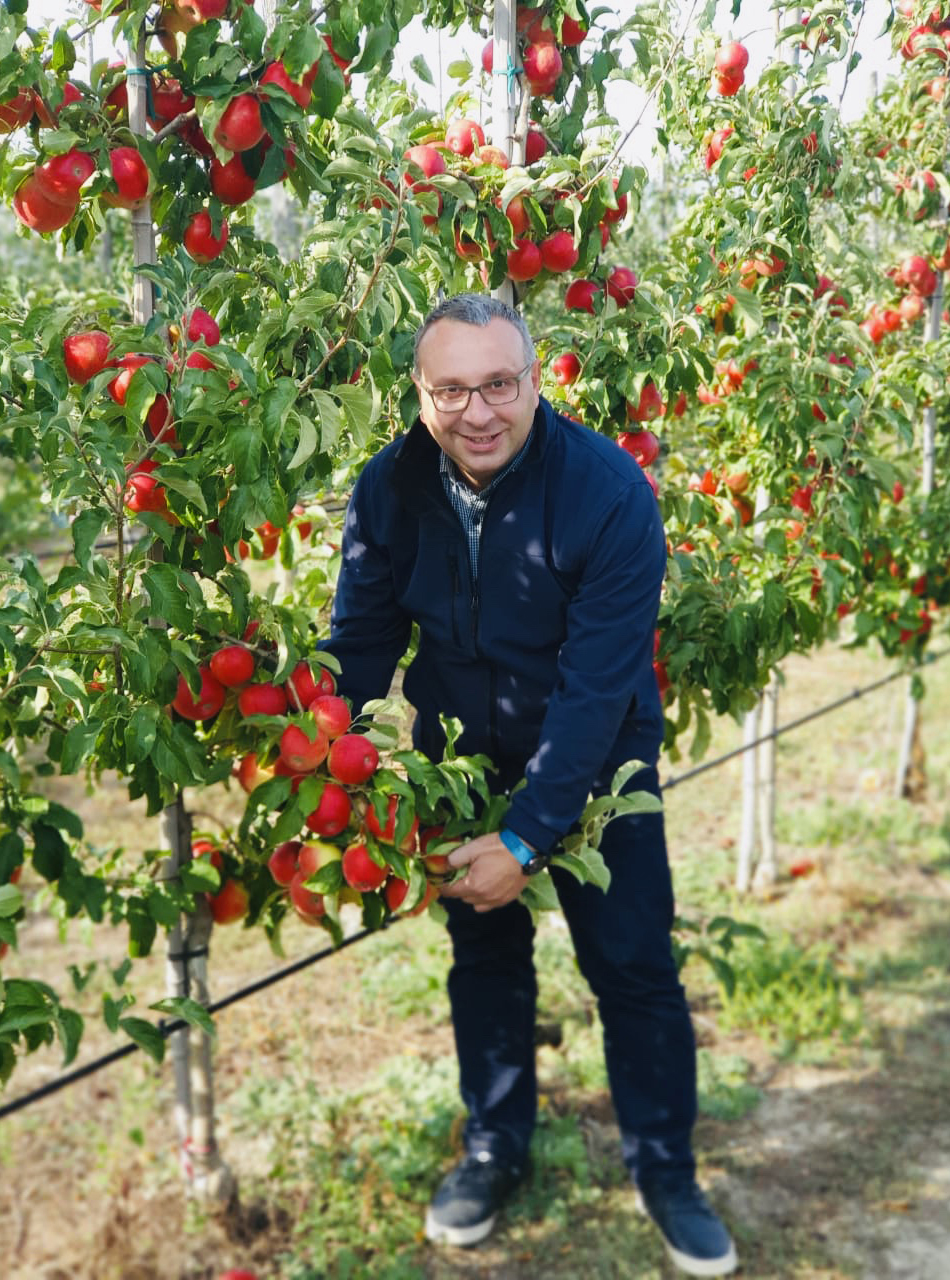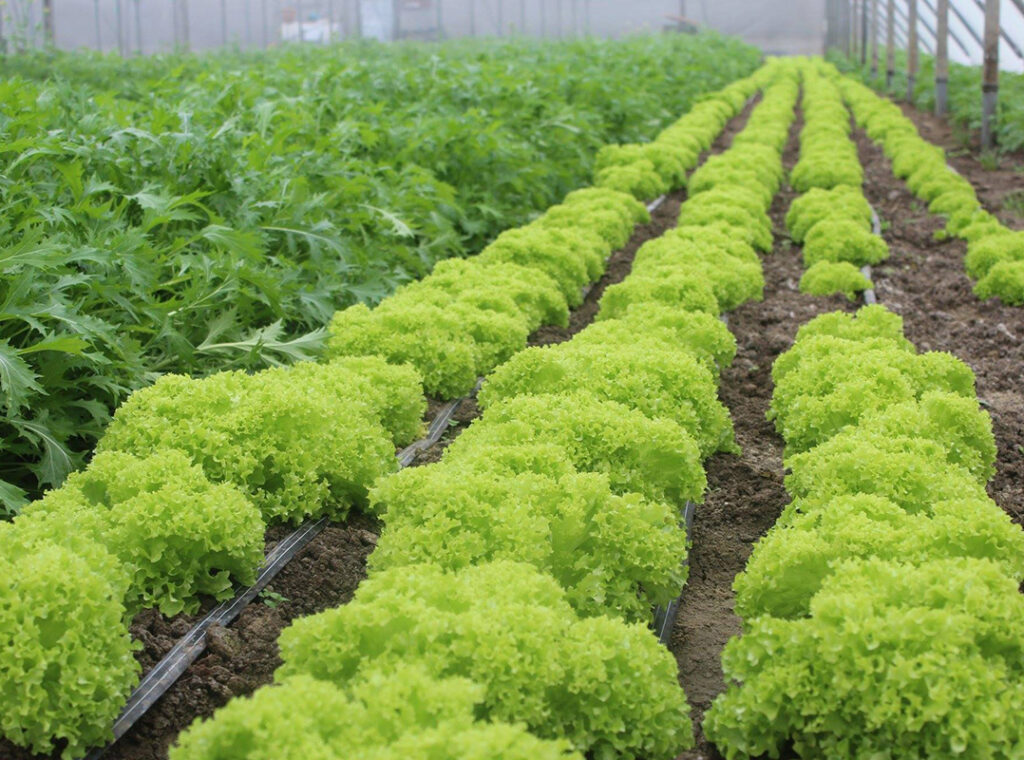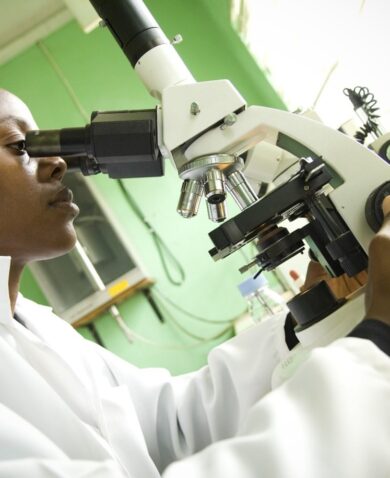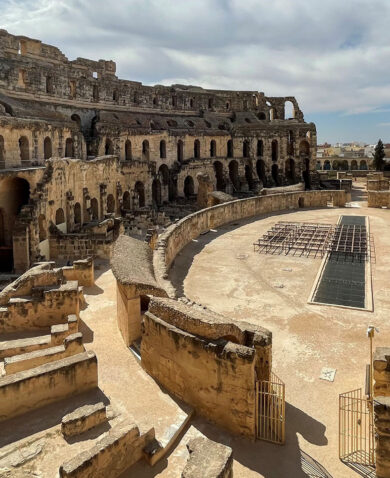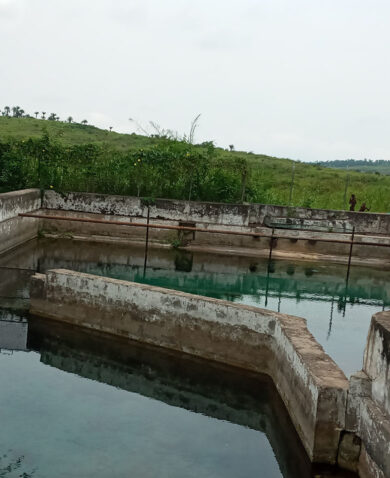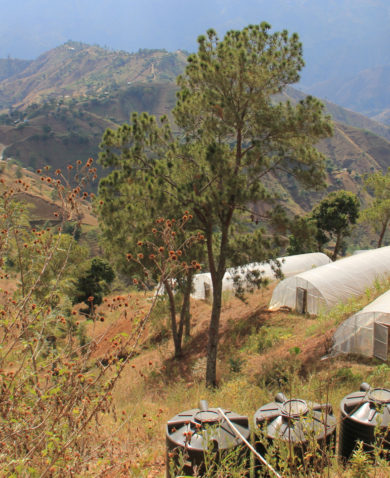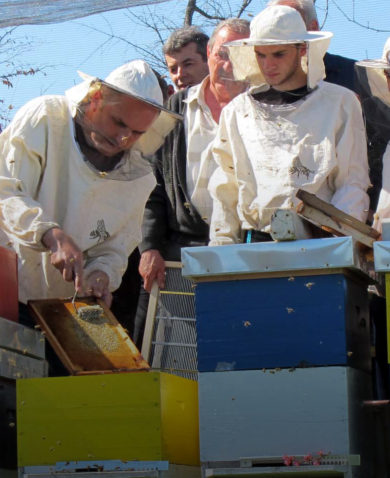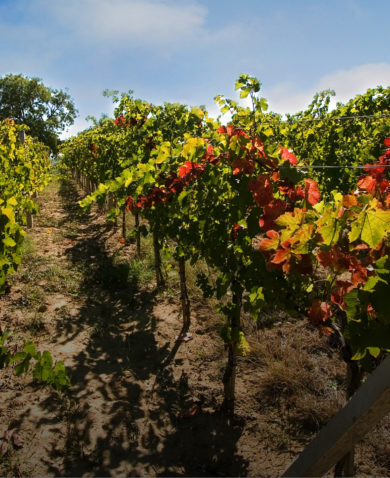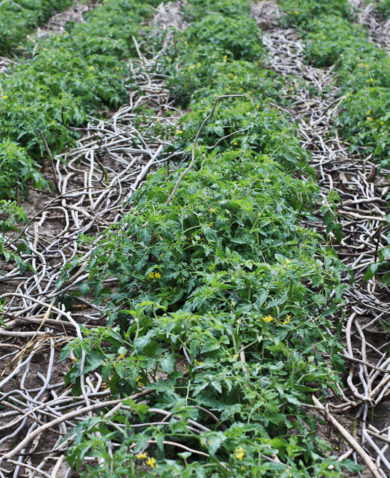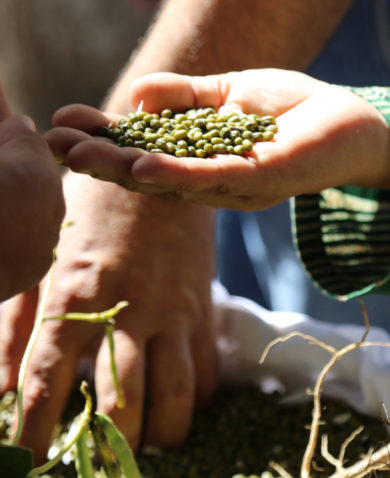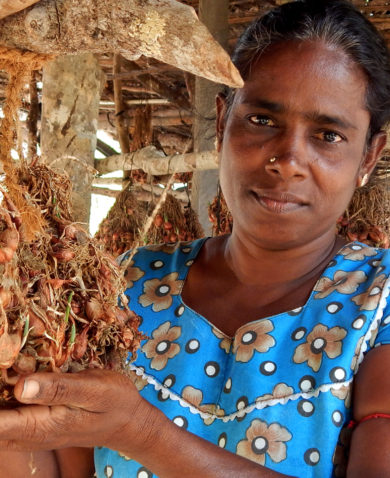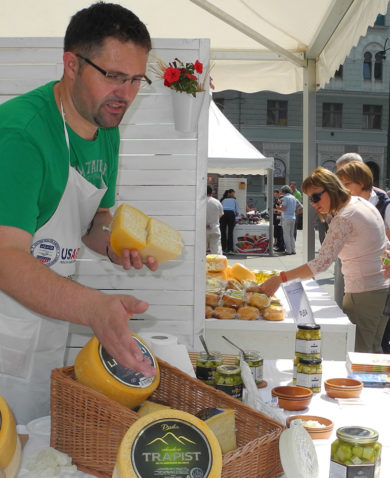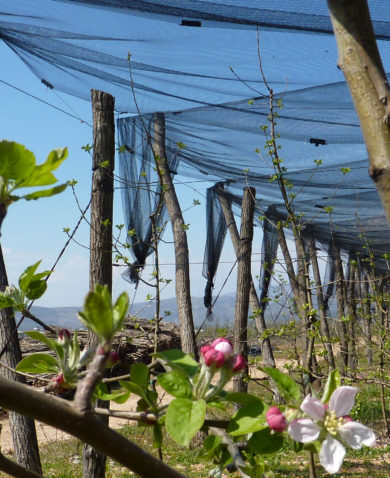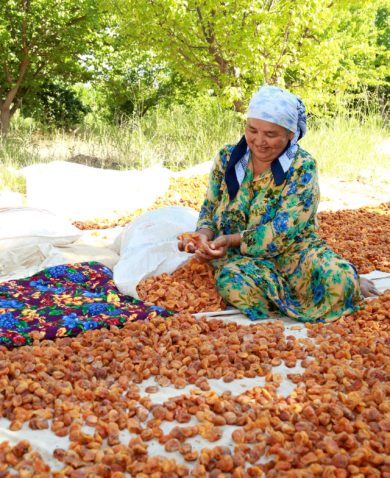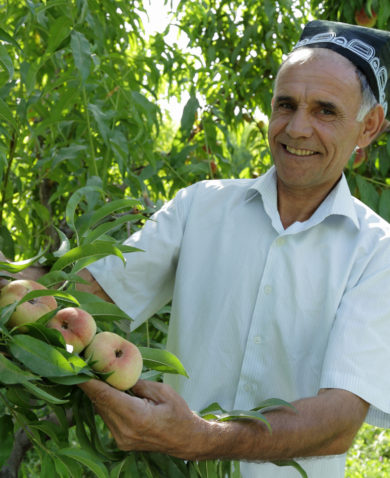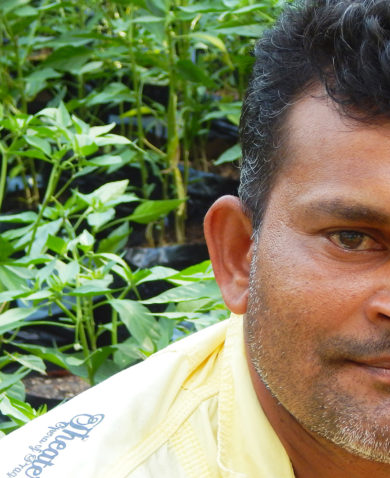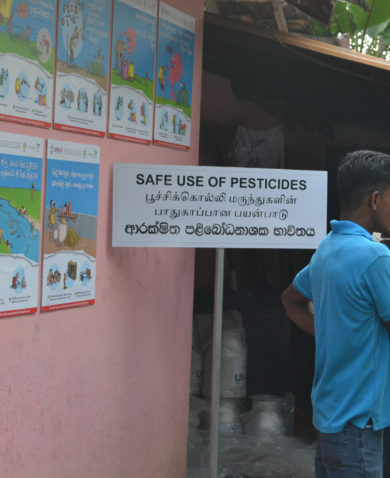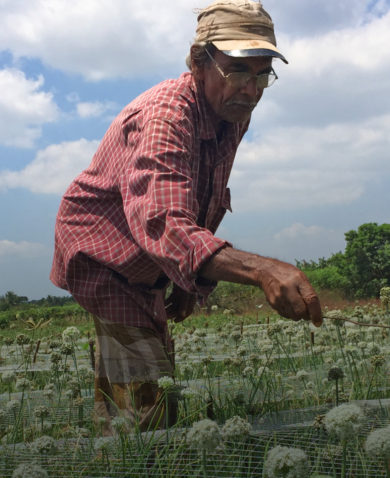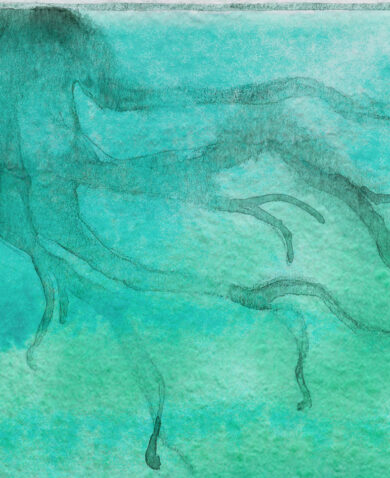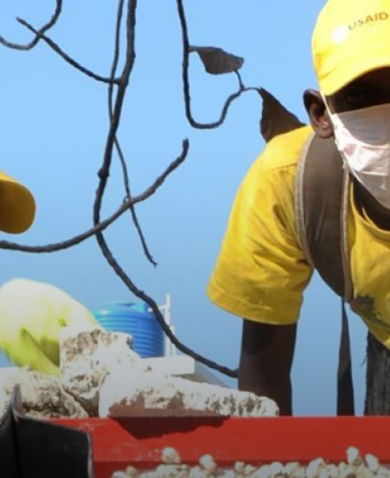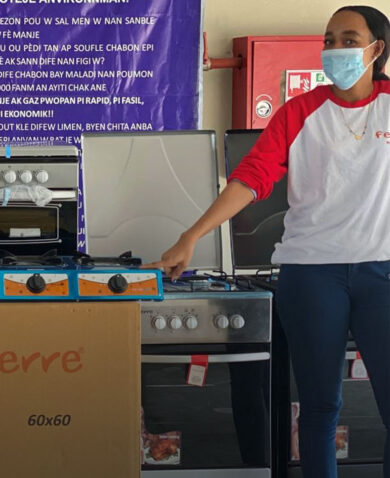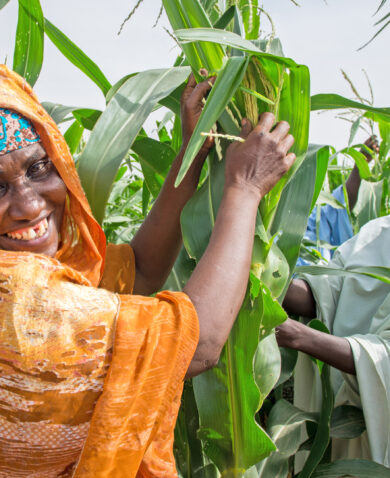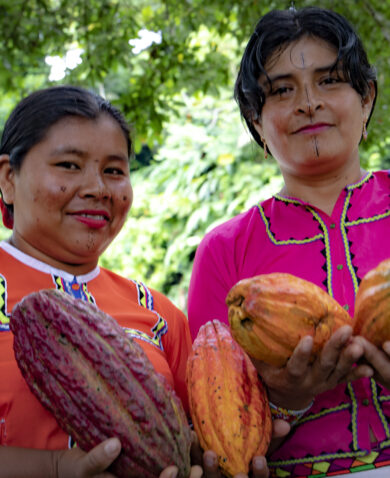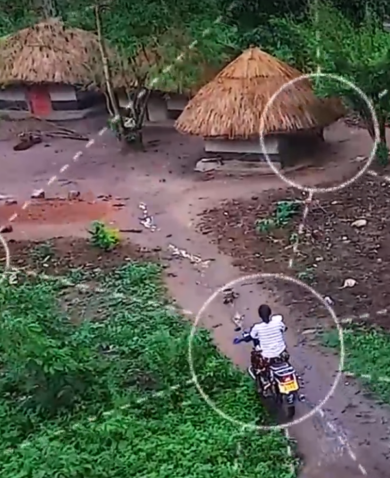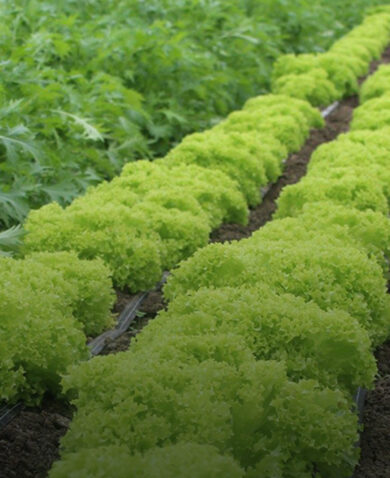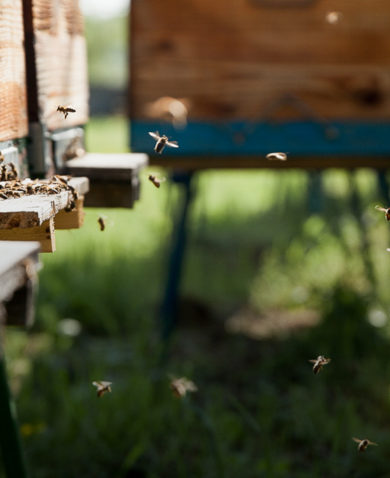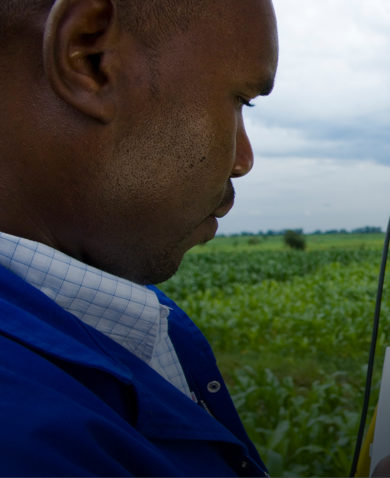Collaborative Design
To develop the AGRONAVTI app, the Zrda Activity partnered with the GFA, which is the largest membership-based organization representing farmers (4,000 participants), and the Adjara Group, which is Georgia’s largest hospitality group. To address the existing distribution and logistics gaps in the market, GFA and the Adjara Group teamed up to create the Georgian Farmers Distribution Company (GFDC). This enabled them to operationalize the collection, storage, and distribution needs of the AGRONAVTI platform, helping growers get their products efficiently to customers in the hospitality industry.
A bonus to the app is that it allows regional growers to become GeoGAP certified. GFA and the Zrda Activity developed a set of farming standards to create GeoGAP, a Good Agricultural Practices (GAP) certification program. GeoGAP helps to ensure safety and quality control for agricultural products and promotes more sustainable farming practices. Buyers are realizing the benefits of GeoGAP certified products, which ensures they are high quality, traceable, and safe — a burgeoning trend as chefs seek ingredients to deliver authentic Georgian cuisine. GeoGAP is a simplified version of the prevailing EuroGap standards used in the European Union (EU), which in turn helps sellers integrate with EuroGAP standards and offers Georgian producers a link to export.
Rave Reviews
Zrda supported the marketing and promotion of AGRONAVTI through multimedia outreach and through training activities in target regions. Since its creation, nearly 4,900 people have used the app, with sales exceeding $280,000. In 2020, Georgia’s Innovation and Technology Agency awarded the platform designers 100,000 Georgian laris ($30,120) to facilitate AI integration into the app. As for clients, nine hotels, 10 restaurants, and five cafés regularly purchase products via the platform.
“My friendship with AGRONAVTI started from the birth of the mobile matchmaking platform in 2017,” Merkvilishvili said. “By downloading the app, I automatically got connected to the big buyers, distribution companies, and the retail chains ready to purchase my produce.”
Additional accolades for the app include being shortlisted for the international 500 Startups program, among 140 companies. Also, the Bank of Georgia, one of the largest financial entities in the country, is buying a 2 percent share of the app and investing in its mode development.
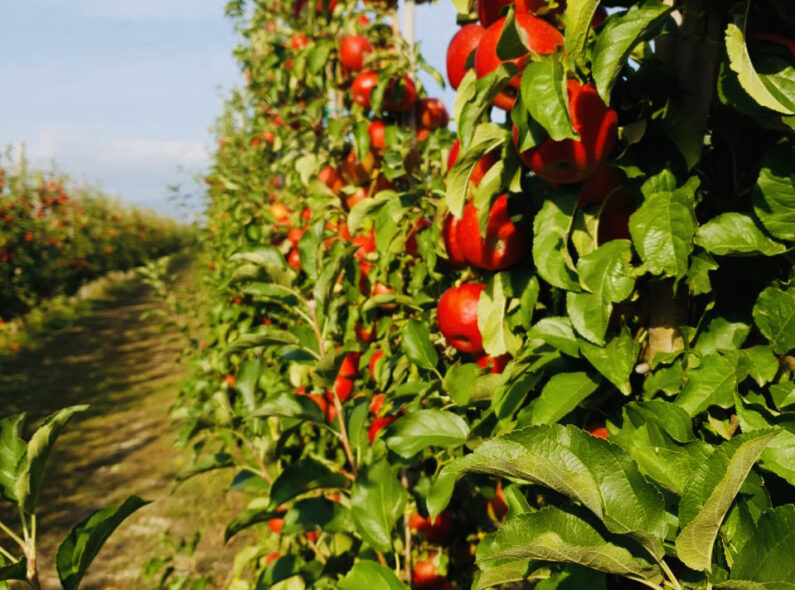
Survival and Sustainability
Maintaining AGRONAVTI’s sustainability after USAID support ends has always been the ultimate goal. As such, USAID Zrda contracted a business development consulting firm to work with GFA to establish a viable business model and create a separate for-profit entity that will manage the platform. Furthermore, international expansion is planned through direct investment in new markets and IP licensing agreements with partners in new countries.
In the meantime, the Zrda Activity has had to grapple with the COVID-19 pandemic. Before the outbreak, international tourism in Georgia was growing at an annual rate of 8 percent and contributing up to 12 percent of the country’s GDP. However, due to the virus and the dramatic decrease in tourism, targeted sales for 2020 may not be achieved.
Despite this, according to GFA Chairwoman Nino Zambakhidze, the AGRONAVTI app has been a helpful tool for farmers during the pandemic.
“AGRONAVTI is an innovative and useful product,” Zambakhidze said. “During the first wave of the pandemic, [it helped] when we connected farms and entrepreneurs to supermarkets.”
More broadly, the Zrda Activity has provided targeted support during the pandemic to help MSMEs adapt and expand services to meet existing health regulations and attract domestic tourists. This will help support their businesses and retain employees. The activity’s response to farmers, whether it be COVID-related or in terms of long-term sustainability, demonstrates how important digitalization and the existence of this innovative e-platform has been to helping buyers identify products and to facilitate quick sales and exchanges for farmers. AGRONAVTI and other innovations will be crucial to creating extensive market linkages for small-scale farmers who do not have extensive resources, especially during a pandemic.
Irakli Merkvilishvili confirms this. “Across the globe, the COVID-19 outbreak has led to a major change in agriculture marketing, and Georgia is no exception to this trend,” he said. “I sold 140 tons of apples, plums, pears, and peaches this harvest season, all through AGRONAVTI. In today’s reality, I see digital interaction as more important than traditional sales interactions.”
Banner image photo: Former financial expert and now farmer Kakha Tutberidze made his dream a reality and constructed a lettuce greenhouse and sells his crop using AGRONAVTI.

